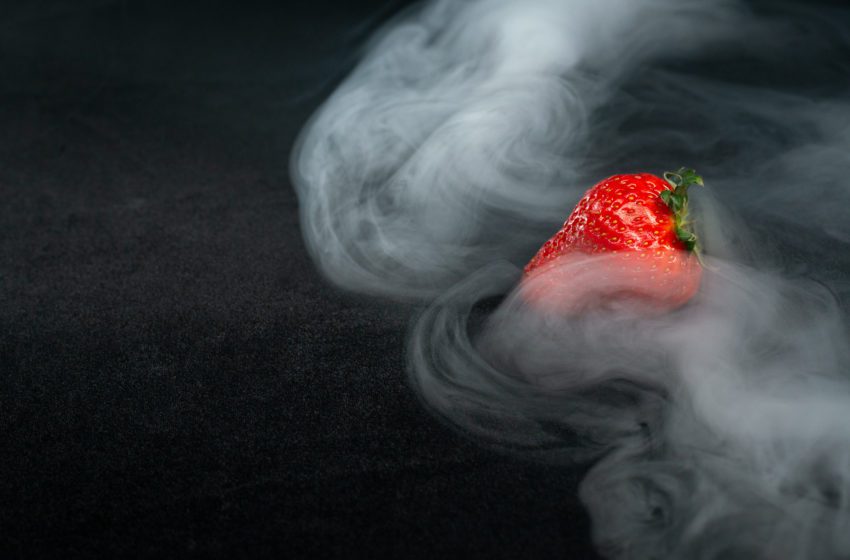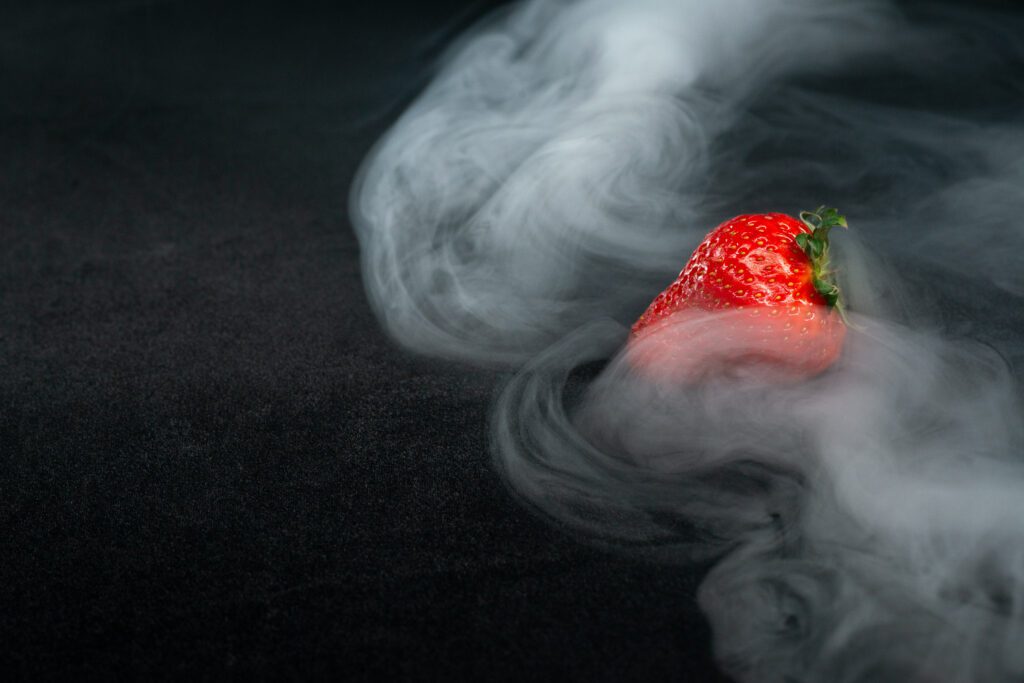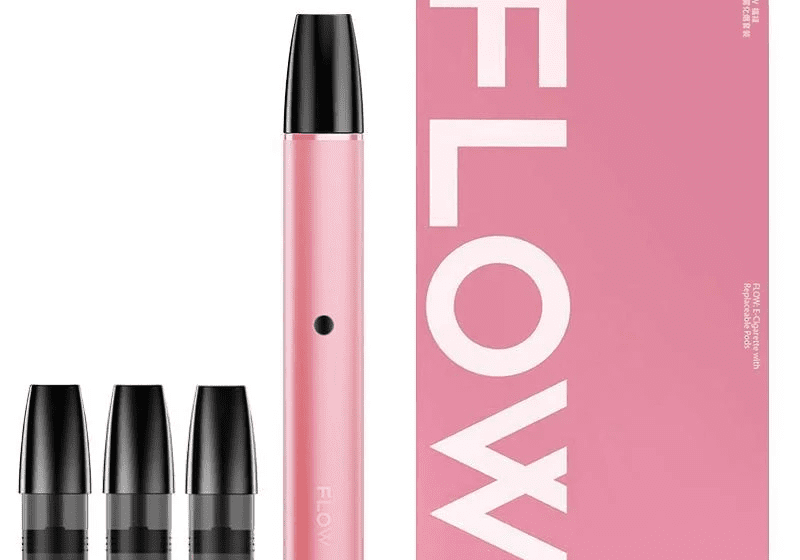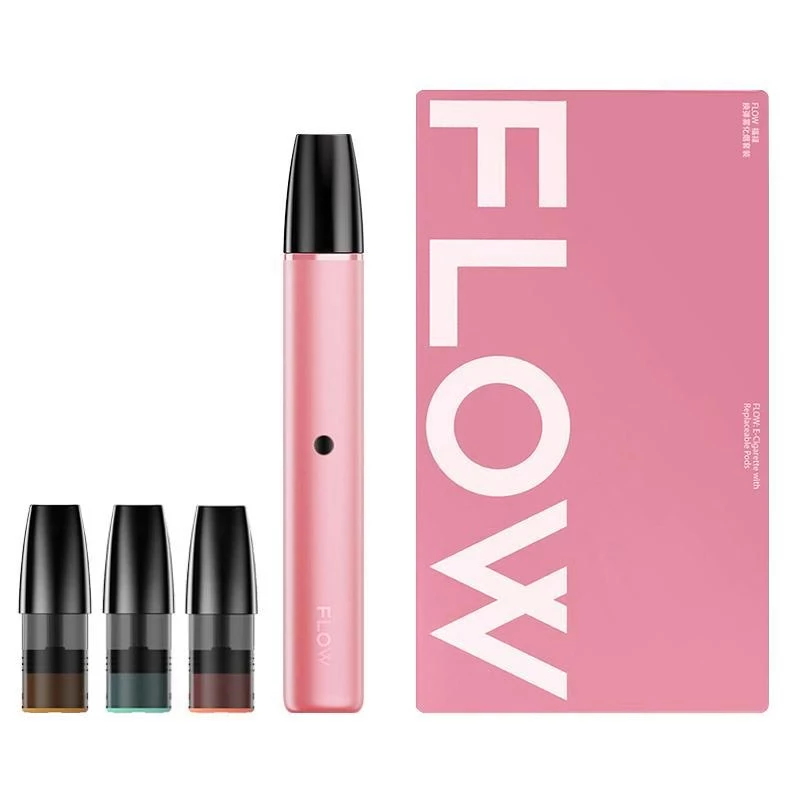
U.S. Senate Majority Whip Dick Durbin today met virtually with six public health organizations regarding what he calls a failure of the U.S Food and Drug Administration to fulfill its obligation to regulate e-cigarettes under the Tobacco Control Act.
In 2019, the U.S. District Court for the District of Maryland mandated that FDA finalize its premarket tobacco product applications under review by September 9, 2021.
As FDA has delayed for more than nine months past that deadline on finalizing its reviews.
During his meeting with these health groups, Durbin discussed his recent statement for FDA Commissioner Robert Califf to “immediately clear the market of unauthorized, kid-friendly e-cigarettes or step aside,” according to River Bender.
“We know that kids are getting hooked on these flavored e-cigarettes that are specifically targeted to children, like JUUL. Yet FDA has decided to cower to Big Tobacco and ignore the addiction of children as the agency wrings its hands over e-cigarette applications,” said Durbin.
“I’m grateful for the leadership of these health organizations, and together, we will do our best to ensure there is responsible, active leadership at FDA that will take the issue of nicotine addiction seriously.”



















